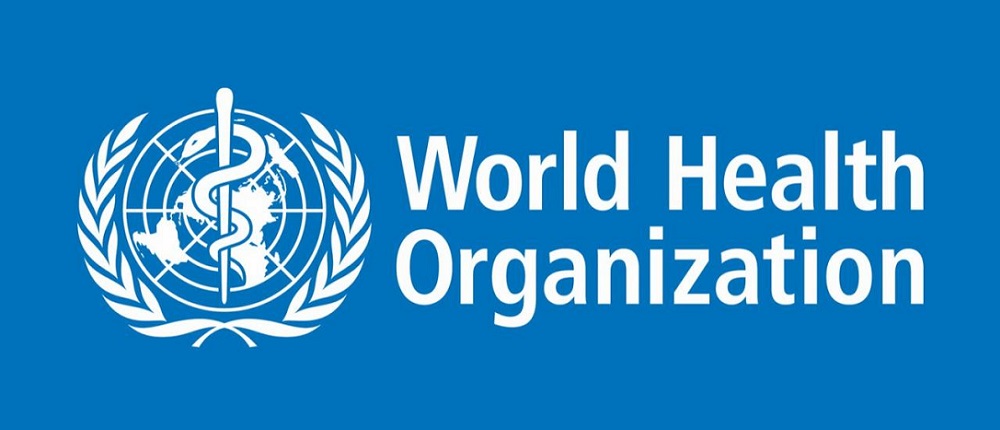
There is no evidence that cash helps COVID-19 spread.
Given the various information in which it is stated that banknotes could transmit COVID-19, different authorities such as the World Health Organization, the European Central Bank and other national central banks, and renowned scientific institutions have confirmed that there is no scientific evidence that there is an increased risk of spreading the new virus from the use of cash, according to The Cash Management Companies Association – ESTA.
WHO spokesperson Fadela Chaib confirmed that WHO was “misrepresented” when a UK paper stated that banknotes may be spreading COVID-19. “WHO did NOT say banknotes would transmit COVID-19, nor have we issued any warnings or statements about this,” Chaib said to financial information website Market Watch. (1)
„ECB and several central banks have contested that banknotes represented any risk of contamination. These institutions have stated that there is no proof that the coronavirus has spread by euro banknotes. They have also reminded that the Eurosystem conducts regular research on the potential impact that the manufacture and circulation of euro banknotes can have on public health, including in relation to viruses.” said ESTA Secretary general, Thierry Lebeaux.
For banknotes to pose a risk to human health in relation to the coronavirus, “someone would have to use a bank note to sneeze in”. “Coins are actually very bad environments for viruses to survive”, says Dr. Christine Tait-Burkard, an expert in infection and immunity at the Roslin Institute at the University of Edinburgh.(2)
Prof. Mariano Esteban, Head of the Poxvirus and Vaccines Group of the National Centre for Biotechnology in Spain, further explains that a virus needs to enter a cell to continue being active, otherwise it will deteriorate quickly on any inanimate surface, except in extremely low temperatures (- 20°C to -70°c).
„Therefore, the risk to be contaminated by viruses is very low when touching a banknote, and not much different from that of touching other objects such as hand rails, tickets machines, door handles or plastic payment cards. For contamination to occur, the COVID-19 needs to get passed the respiratory system first. Some precautions, like avoiding touching eyes, nose and mouth, and regularly and thoroughly cleaning hands with an alcohol-based hand rub or washing them with soap and water, are good protections against a possible contamination.”, Lebeaux added.
(1) https://www.marketwatch.com/story/who-we-did-not-say-that-cash-was-transmitting-coronavirus-2020-03-06
(2) https://www.theguardian.com/world/shortcuts/2020/mar/03/from-banknotes-to-handrails-10-objects-that-helpspread-coronavirus
Banking 4.0 – „how was the experience for you”
„To be honest I think that Sinaia, your conference, is much better then Davos.”
Many more interesting quotes in the video below: